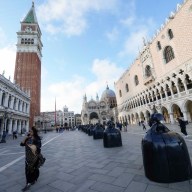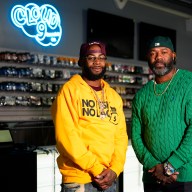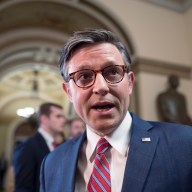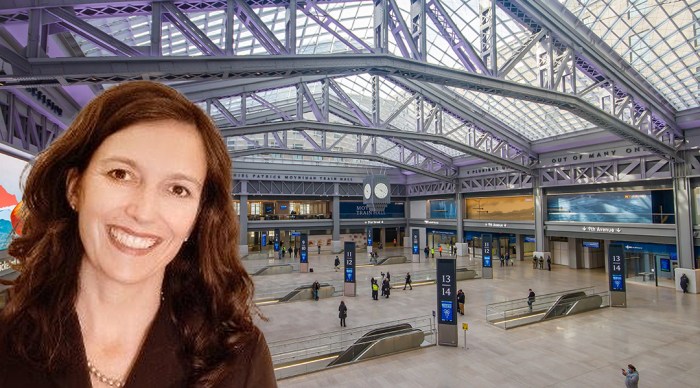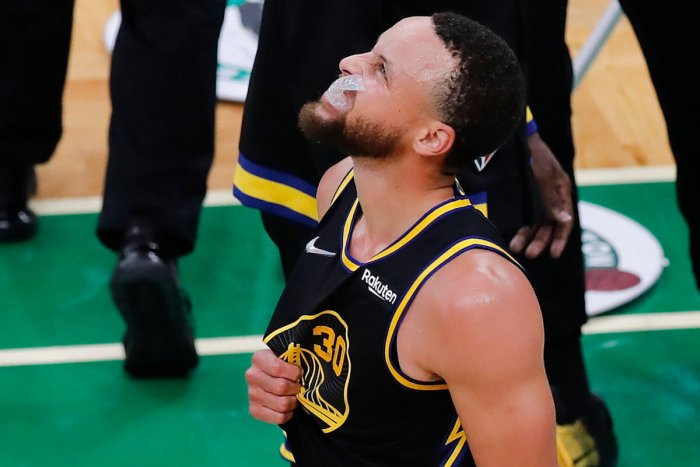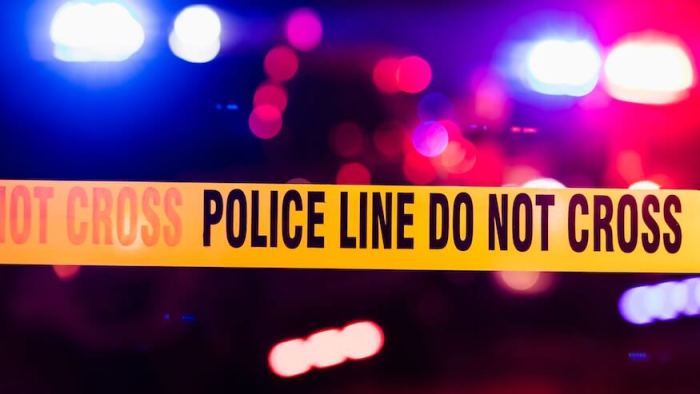As the Boston mayoral election inches closer, City Councilor Tito Jackson is, in his words, “turning up.”
The councilor is looking to boost awareness of the race after a dismal turnout in the preliminary election. Incumbent opponent Mayor Martin J. Walsh took 63 percent of votes Sept. 26, while Jackson took just 29 percent of the mere 56,000 ballots cast.
The two faced off Oct. 24 in a short but heated debate on WGBH, where Jackson criticized Walsh for “failing the city.” Walsh and Jackson’s race for the seat ends Nov. 7.
The debates have been lively, and some say they even signal a shift for the mostly sleepy mayoral contest. Do you think they will help turnout come next week? Are two debates enough?
I do believe people are more interested now. But I believe that the mayor has suppressed the vote by limiting debates. To have 120 minutes of debates in a major American city, laying out the future of the city of Boston — two hours is unacceptable.
In the debate you discussed your plan to dismantle the Boston Planning and Development Agency. What would that entail?
That involves democratizing planning and abolishing the BPDA, which is not a city agency. It’s not required to be transparent and the dollars do not go into the city operating budget. I’ll put forward professional planning department that prospectively plans for humans, not developers and builders. I will be the mayor that stands up for the working middle class of Boston.
You also said you want to make the School Committee an elected body as part of a general overhaul of City Hall. Why is that?
We are the only city or town in the state of Massachusetts that does not have a democratically elected school committee. The people of the city of Boston should be able to have a say in the Boston Public Schools funding and envision for the future.
The failure of Mayor Walsh is that in the best of economic times in the city of Boston, we are underfunding the schools. A budget is a value statement. I take issue with putting corporations over classrooms. We need to look at our schools as an asset, not a liability.
In the debate, you also addressed a gap in the city’s communities, calling it the “two Bostons” If you were mayor, what would a bridge between that gap look like?
A bridge between two Bostons would include an educational system that is not a lottery that has winners and losers. We would have a great public school in every neighborhood. It would be a city where we have a concerted effort to build housing people can actually afford, and not checking a box that says “a unit is a unit is a unit.”
It would be a city where we respect the lives of our diverse communities, where the life expectancy of neighborhoods that have been left behind goes up. The housing that we’re building exacerbates segregation in Boston. We would have a transportation infrastructure that deals with these disparities.
The reason why I do this work is about opening doors of opportunity to everybody, not just some people.






